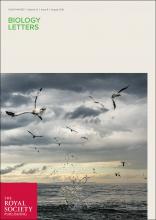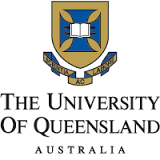
Scientists are always pressed for time; still, Raphael Didham of the University Western Australia was surprised when he fell upon a group of early career scientists using a spreadsheet formula to calculate whether one was obligated to accept an invitation to review a paper, based on how many manuscripts he’d submitted for review. “I recall that sharp moment of clarity that you sometimes get when you look up from the keyboard and realise the world you (thought you) knew had changed forever,” Didham and his colleagues write in a recent editorial in Insect Conservation and Diversity. We spoke with Didham about how to convince scientists that peer reviewing is a benefit to their careers, not a burden.
Retraction Watch: You talk about the current problem of “zero-sum” reviewing. Could you define that in the context of the scientific peer review system? Continue reading Do you calculate if you should accept an invite to peer review? Please stop, say journal editors



 Circumcision is a hot topic. So hot, questions about a reviewer’s potential conflict with the author of an article promoting circumcision prompted a journal editor to resign, and one academic to call another a “fanatic.”
Circumcision is a hot topic. So hot, questions about a reviewer’s potential conflict with the author of an article promoting circumcision prompted a journal editor to resign, and one academic to call another a “fanatic.”  In March, 2013, a graduate student joined the lab of a prominent researcher in Australia, investigating new therapies for Parkinson’s. A few months later, everything fell apart.
In March, 2013, a graduate student joined the lab of a prominent researcher in Australia, investigating new therapies for Parkinson’s. A few months later, everything fell apart.